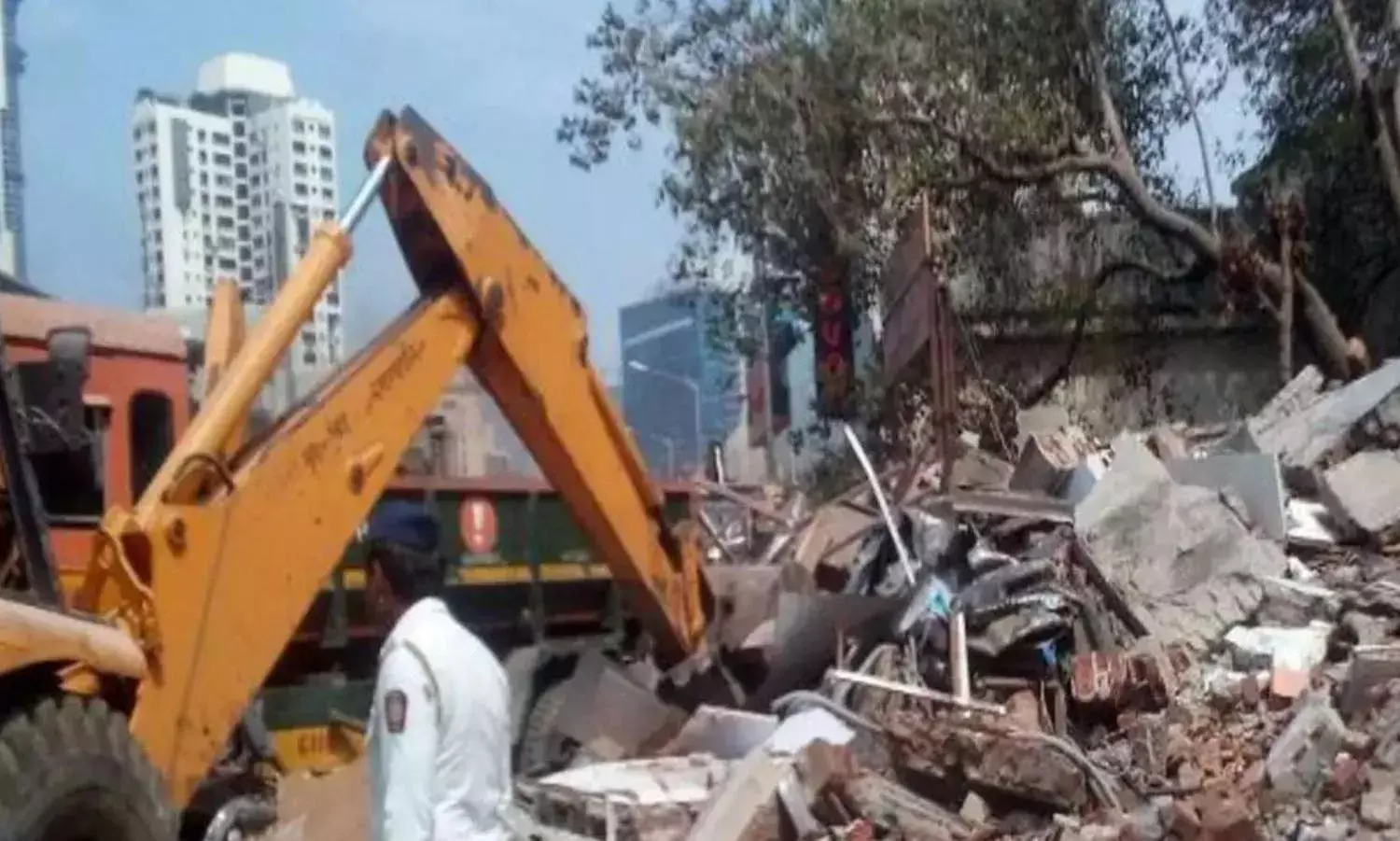Caste and Class - Valmikis in UP
Dalit History Month

“Humare logon par itna dabav banaya jata hai ki woh saamne se apne haq ki baat bol bhi nahi paate.” So much pressure is created on our people that they are unable to openly speak of their rights, says 24 year old Sachin Kumar, who belongs to the Valmiki community.
Sachin is a sanitation worker from Umarda village in the Kannauj district of Uttar Pradesh. He lives in a small basti of the Valmiki community, a settlement on the outskirts, where all of them are sanitation workers. A monthly income of Rs 10,000 is pretty low to sustain a family, and from that amount too the contractor either pays him less or sometimes doesn’t pay him on time.
He explains that these contractors are from raised castes, and being a Valmiki he has to suffer. He also hasn’t been given a proper brick house, his entitlement under the Pradhan Mantri Awas Yojana, and says that the pradhan (village council head) asks for extra money for the house and threatens to cut his name from the list if he is unable to pay.
According to the 2011 census, Uttar Pradesh has a large share of the Schedule Caste population, who number around 35 million and constitute 21% of the state’s people. Valmikis are one such caste, and are considered the lowest in that hierarchy. People from the community are mostly involved in works such as sweeping, sanitation and cleaning refuse.
Kiran Kumar, 30, a house maid from Dibiyapur in Auraiya, earns around Rs 5,000 per month. She mostly works in the homes of Upper Caste people and feels that they don’t give her enough respect. “Ye kaam karna kisko pasand hai. Hum Valmiki hain isliye hume majboori mei karna pad raha hai. Humko aur koi naukri nahi dega.” Who likes to do such work? I am forced to do it all because I am a Valmiki. No one will give me any other job.
It was found that many people from the Higher castes are also applying for the job of sanitation worker due to a rise in unemployment in the state. Rahul Kumar (20) from Pata, Auraiya said that this was the only secure job for his community and now people from higher castes are taking it from them. He says they are given preference just because they belong to the Upper caste and bribe the people involved in the selection process.
Rahul also shares that women from his community face discrimination in the Swayam Sahayta Samooh (Self Help Group) jobs. These groups consist of 12-25 women from the village who collect money from people to donate and provide financial help to people in need. According to Rahul there are only two Valmiki homes in his village and people from the dominant castes don’t allow them to participate. He thinks that if there were equal representation then his people would also get the benefit, but they have to face this discrimination all because of their birth identity.
These atrocities and worse have been performed by Indian society for ages now. Ajit Kumar (22) from Kannauj recalls the first incident of discrimination he saw as a kid, when his family was not allowed to take water from the handpump. “In my village people from the Thakur caste didn’t allow us to take water from the government hand pump. They first filled their bucket and then filled our bucket, just to make sure we didn’t touch that hand pump.”
The upcoming generation of the community remains hopeful that they won’t face such atrocities, and feel education is the only way to remove this discrimination from our society. Arjun Kumar (22) is a sweeper from Dibiyapur and believes that people from his community need to fight for their rights and demand equal representation.
Cover photograph: A Valmiki basti demolished in Agra



